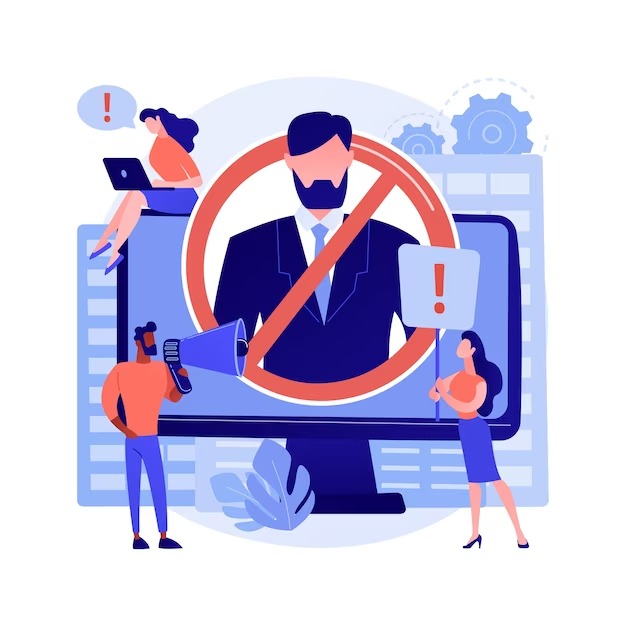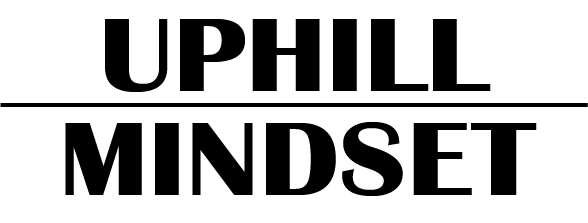
Social media has become an integral part of our daily lives. From scrolling through our feeds to posting our content, we spend a significant amount of time on various social media platforms. However, some people choose not to engage with social media at all. In this blog, we will explore the impact of not using social media and the potential benefits and drawbacks.
Firstly, let’s look at some statistics. As of 2022, there are over 3.78 billion social media users worldwide, and this number is only expected to grow. Social media has transformed the way we interact with each other, our communities, and the world around us. It has changed the way we consume news, shop, and even find employment opportunities. With such a large number of people using social media, it’s no surprise that it has become a significant factor in our day-to-day lives.
Now, let’s explore the potential benefits of not using social media. For one, it can be a way to disconnect from the constant stimulation of the digital world. Without social media, we can focus on face-to-face interactions and build more meaningful relationships. It also eliminates the pressure of maintaining a curated online persona, which can be exhausting and time-consuming. Not using social media can also reduce distractions and improve our overall productivity.
On the other hand, not using social media can also have its drawbacks. In today’s digital age, social media is a crucial tool for networking and finding job opportunities. It can also be an effective way to stay informed about current events and trends. By not using social media, we may miss out on these opportunities and stay disconnected from our communities. Additionally, social media can be a way to express our opinions and advocate for important causes. Without it, we may not have a platform to voice our concerns and make a difference.
So, what are some alternatives to social media? One option is to focus on building meaningful relationships through in-person interactions, whether it be with friends, family, or colleagues. Another option is to stay informed through traditional media, such as newspapers and TV news broadcasts. You can also stay up-to-date with current events by subscribing to newsletters or podcasts.
In conclusion, not using social media can have both benefits and drawbacks. It’s a personal choice that depends on individual preferences and lifestyles. If you choose to not use social media, it’s important to find alternative ways to stay connected and informed. However, if you do use social media, it’s important to be mindful of its impact on your mental health and overall well-being. Regardless of whether or not you use social media, remember to prioritize building meaningful relationships and staying informed about the world around us.
Don’t forget to follow our Instagram page for more tips on digital wellness and personal growth.
